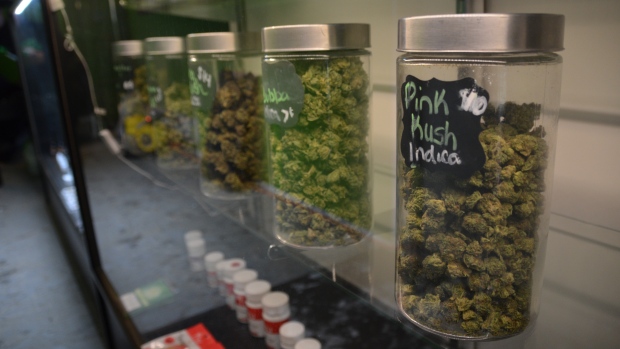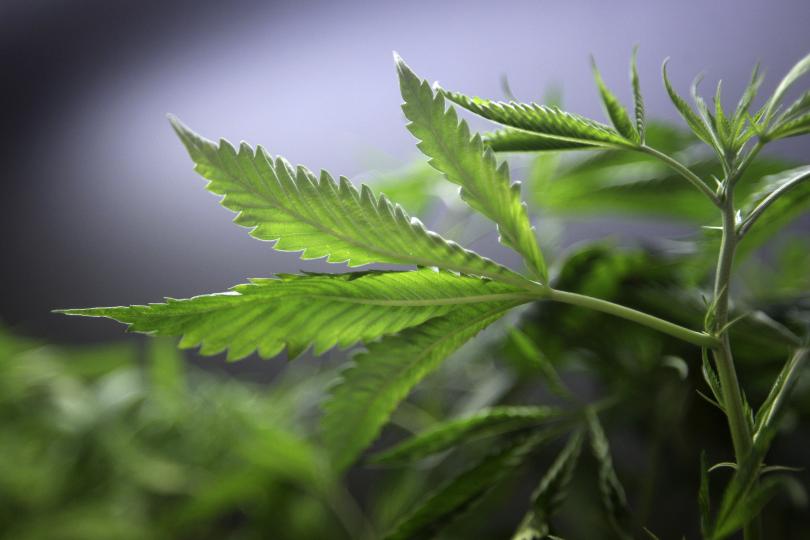Information contained on this page is provided by an independent third-party content provider. Frankly and this Site make no warranties or representations in connection therewith. If you are affiliated with this page and would like it removed please contact pressreleases@franklyinc.com
Personal Injury Lawyer, Doug Zanes, Gives Essential Information About the Legalization of Marijuana
PHOENIX, May 9, 2017 /PRNewswire/ — For decades marijuana has been considered a dangerous drug and has been illegal. But to date, twenty-nine states and the District of Columbia have passed laws legalizing marijuana in some form. To learn more, visit our full blog: http://zaneslaw.com/legalization-marijuana-arizona/
So what’s changed? Is legalizing marijuana a good thing? Below are the seven things that you must know about the legalization of marijuana.
- As states look for creative ways to increase revenues, the legalization of marijuana has become one solution. Through October of 2016 Colorado reported roughly $1.1 billion in legal sales of medical/recreational marijuana and related products and collected more than $150 million in taxes from these sales.
- The legalization of medical marijuana has been a positive for patients. It is believed that marijuana is effective in treating a number of medical conditions and to be beneficial for cancer patients in relation to chemotherapy related nausea, vomiting, and overall pain.
- An analysis from the Marijuana Policy Group shows that in 2015 the legal marijuana industry created 18,005 jobs. That makes the marijuana industry a stronger economic driver than 90% of the industries in Colorado.
- It’s argued that the legalization of marijuana provides law enforcement with more time and money to focus on violent offenders because they no longer need to deal with minor possession offenses.
- Legalized marijuana does not mean marijuana can be used in public. State laws typically limit where marijuana can be consumed, and a violation typically leads to a civil citation being issued.
- Colorado’s neighboring states, Oklahoma and Nebraska, sued Colorado in December 2014 hoping to get the U.S. Supreme Court to intervene with Colorado’s marijuana industry. Their complaint was that marijuana purchased legally in Colorado is being transported illegally into or through their states, overwhelming police and courts with the increased drug arrests in their states.
- Although many states have legalized marijuana for medical use, the marijuana plant is not an FDA approved medicine. However, its chemicals know as cannabinoids has led to two FDA-approved medications that contain cannabinoid chemicals in pill form.
credit:crossroadstoday.com













